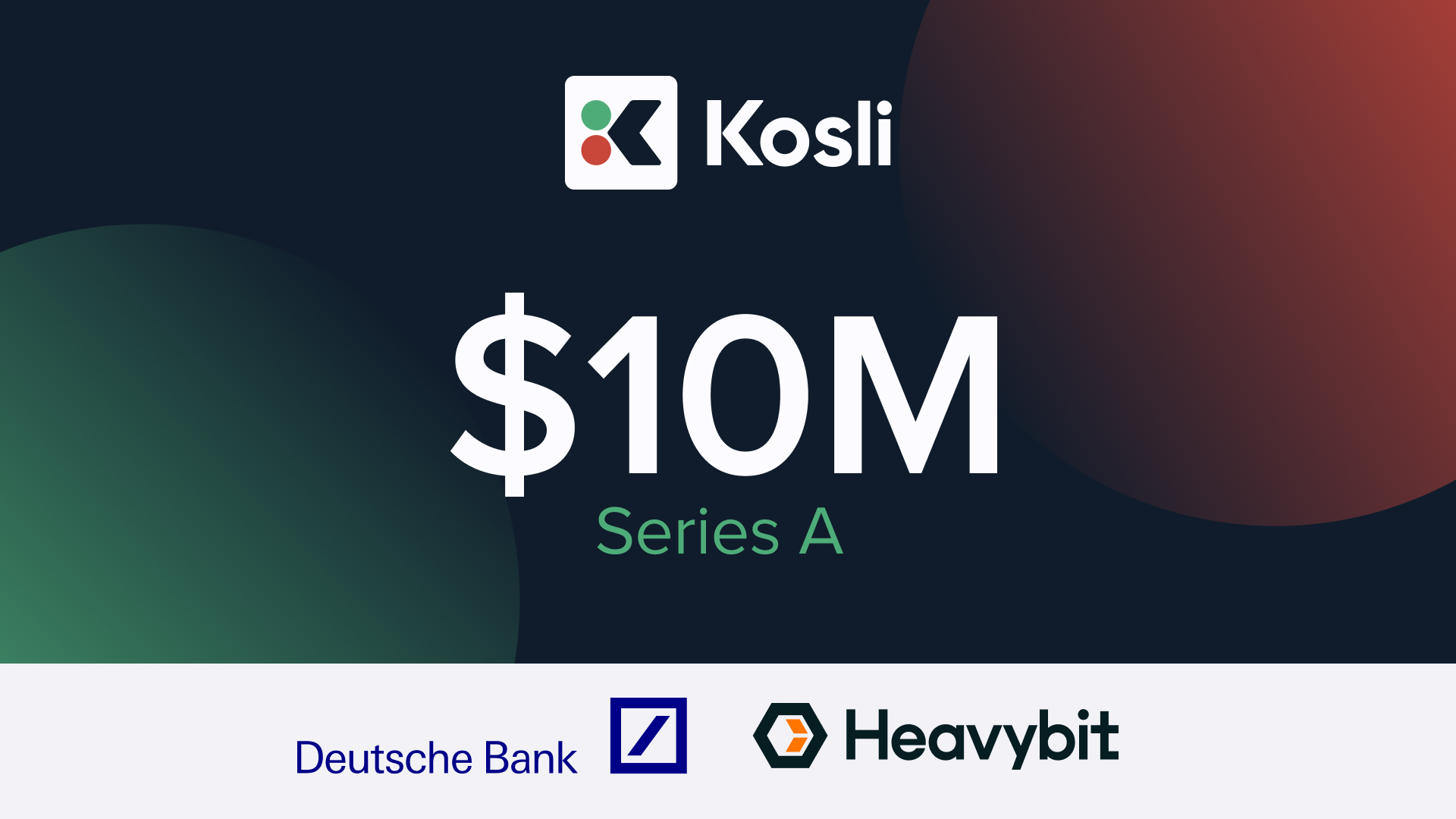Key Takeaways:
I. Reg CF and Reg A+ offer distinct advantages and disadvantages, catering to startups at different stages and with varying funding needs.
II. Strategic platform selection, targeted marketing, and proactive investor relations are essential for maximizing crowdfunding success.
III. The evolving crowdfunding landscape, shaped by regulatory changes and technological advancements, presents both opportunities and challenges for startups and investors.
Where is the best place/what is the best platform to invest in Reg CF and Reg A+ companies? This question, increasingly posed by both entrepreneurs and investors, highlights the growing importance of crowdfunding in the startup ecosystem. Regulation Crowdfunding (Reg CF) and Regulation A+ (Reg A+) have emerged as powerful tools, democratizing access to capital and offering alternatives to traditional funding routes. This article provides a comparative analysis of Reg CF and Reg A+, exploring their distinct characteristics, strategic implications, and the evolving market dynamics they influence. We will delve into the regulatory frameworks, analyze fundraising trends, and assess the opportunities and challenges presented by these innovative funding mechanisms.
Understanding the Key Differences Between Reg CF and Reg A+
Reg CF and Reg A+ differ significantly in their fundraising limits, targeting distinct segments of the startup landscape. Reg CF allows companies to raise up to $5 million (later amended to $7.5 million) within a 12-month period, making it suitable for early-stage ventures seeking seed or bridge funding. This lower cap makes Reg CF accessible to a broader range of startups, but it may limit growth potential for companies with larger capital requirements. In contrast, Reg A+ permits fundraising up to $75 million, catering to more mature startups seeking expansion capital or pre-IPO funding. This higher limit allows for more substantial growth but comes with increased regulatory complexity.
Investor limitations and disclosure requirements also vary significantly between the two regulations. Reg CF allows both accredited and non-accredited investors to participate, democratizing access to early-stage investment opportunities. However, individual investment limits apply based on investor income and net worth. Reg A+, while also open to both investor types, imposes more stringent disclosure requirements, including audited financial statements for offerings over $535,000. This increased transparency aims to protect investors but also adds complexity and cost for the issuing company.
Ongoing reporting obligations differ as well. Reg CF requires annual reports on Form C-AR, providing updates on the company's progress and financials. Reg A+ demands more extensive reporting, similar to publicly traded companies, including ongoing disclosure requirements and potential compliance costs. These reporting obligations ensure transparency and accountability but can strain resources for smaller startups. Choosing between Reg CF and Reg A+ involves balancing the need for capital with the capacity to handle regulatory compliance and reporting.
The decision to pursue Reg CF or Reg A+ should align with a startup's overall funding strategy. Factors to consider include the company's stage of development, projected capital needs, risk tolerance, and long-term growth trajectory. Early-stage startups seeking smaller amounts of capital and aiming to build a community of investors might find Reg CF more suitable. Conversely, more established startups seeking substantial capital and preparing for potential IPOs might prefer Reg A+, despite the increased regulatory burden.
Maximizing Your Crowdfunding Campaign: A Practical Guide
A successful crowdfunding campaign requires a well-defined strategy encompassing platform selection, marketing, and investor relations. Choosing the right platform is crucial, as platforms vary in terms of fees, investor reach, marketing tools, and support services. Startups should carefully evaluate platforms like StartEngine and Wefunder, which account for a significant portion of Reg CF funding, considering factors such as their target audience, success rates, and industry specialization. For Reg A+, platforms like SeedInvest and DealMaker are prominent options, offering access to a wider range of investors, including institutional capital.
Effective marketing is essential for attracting and engaging potential investors. Startups should develop a compelling narrative that clearly articulates their value proposition, market opportunity, and team expertise. Leveraging social media, content marketing, email outreach, and public relations can help build awareness and generate interest. Given the average investor check size in Reg CF of $1,190, targeting a broad audience and fostering community engagement are crucial. For Reg A+, marketing efforts might focus on reaching a more sophisticated investor base, including family offices and institutional investors.
Proactive investor relations are vital throughout the crowdfunding process. Transparent and regular communication with potential and existing investors builds trust and fosters long-term relationships. Providing updates on campaign progress, milestones achieved, and financial performance demonstrates accountability and keeps investors engaged. Building a strong community of investors can create brand advocates and generate positive word-of-mouth marketing, further amplifying the campaign's reach and impact.

Risk management is an integral component of any crowdfunding strategy. Startups should be prepared for market volatility, regulatory changes, and the possibility of campaign failures. Diversifying funding sources, having contingency plans in place, and maintaining open communication with investors can help mitigate these risks. Thorough due diligence, legal counsel, and a realistic assessment of market conditions are essential for minimizing potential downsides and maximizing the chances of a successful crowdfunding campaign.
Beyond Reg CF and Reg A+: Emerging Trends in Crowdfunding
The crowdfunding market is experiencing dynamic growth, estimated at a 16% annual increase. This expansion reflects the increasing accessibility of alternative funding sources and the growing popularity of online investment platforms. The US market, with its established regulatory framework for Reg CF and Reg A+, is a global leader in crowdfunding, attracting both domestic and international participation. This growth has the potential to further democratize access to capital, fostering innovation and competition within the startup ecosystem. However, challenges remain, including the need for increased investor education and robust fraud prevention mechanisms.
The future of crowdfunding will likely be shaped by continued technological advancements, evolving investor preferences, and regulatory adaptations. The integration of blockchain technology and other innovative financial instruments could further transform the landscape, creating new opportunities for decentralized funding and enhanced transparency. However, the need for clear regulatory guidelines and investor protection measures will remain paramount. The ongoing evolution of Reg CF and Reg A+, along with the emergence of new funding models, will play a significant role in shaping the future of startup financing.
Conclusion: Navigating the Crowdfunding Revolution
The crowdfunding revolution is transforming the startup financing landscape, offering both exciting opportunities and new complexities. Reg CF and Reg A+ have democratized access to capital, enabling a wider range of startups to access funding. However, navigating this evolving ecosystem requires careful planning, strategic decision-making, and a deep understanding of the regulatory landscape. By embracing a data-driven approach, building strong investor relationships, and adapting to the changing market dynamics, startups can leverage the power of crowdfunding to fuel their growth and achieve their long-term goals. The future of startup financing is evolving rapidly, and crowdfunding is poised to play a central role in shaping this dynamic landscape.
----------
Further Reads
I. https://www.linkedin.com/pulse/comparing-reg-cf-which-right-your-early-stage-mid-stage-stephen-brockComparing Reg A+ and Reg CF: Which is Right for Your Early-stage or Mid-stage Medtech, Pharma, Life Sciences, or Biotech Startup?
II. https://lenderkit.com/blog/reg-a-vs-reg-d-vs-reg-cf/Reg A vs Reg D vs Reg CF what's the difference
III. https://lenderkit.com/blog/reg-a-vs-reg-d-vs-reg-cf/Reg A vs Reg D vs Reg CF what's the difference









